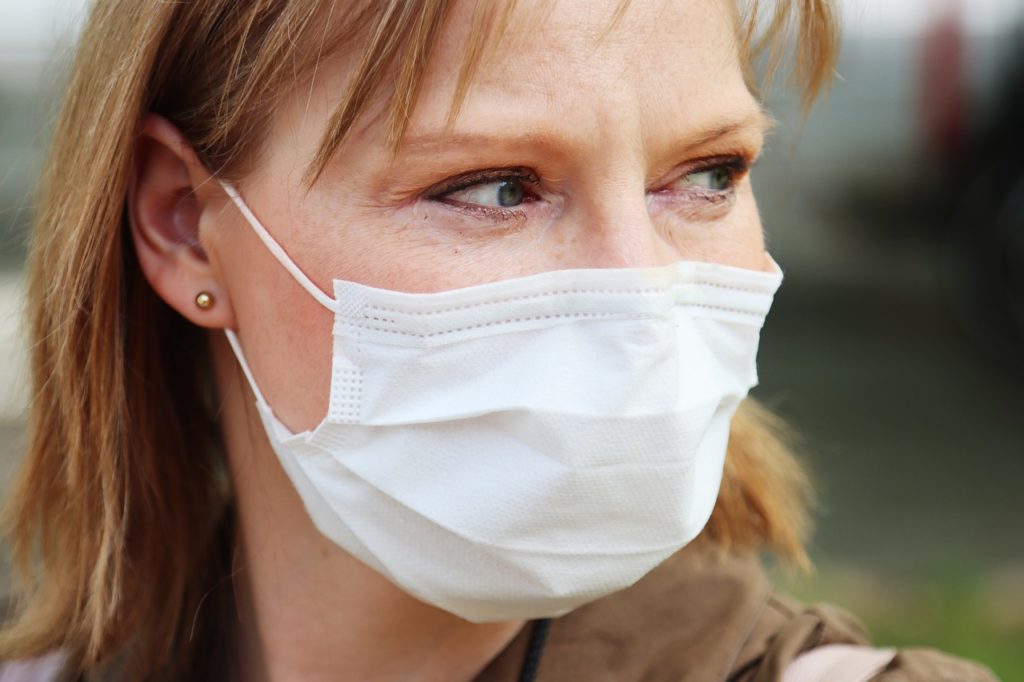Calls for an audit by the federal Court of Auditors of the contract to supply the country will millions of face masks have now been backed by the federal parliament.
The audit was initially called for by N-VA, and has now been backed by other parties.
The story begins when the government promised to supply every person in the country with at least one face mask for use where masks are obligatory, for example on public transport.
The defence ministry was given the job of procuring 18 million masks, and came up with two suppliers. A Ghent-based clothing company, Tweed & Cottons, would provide three million masks.
The remainder, 15 million masks, would be supplied by a Luxembourg company, Avrox.
Alarm bells started ringing when it was revealed that Avrox is a company registered in Luxembourg at a postbox address, with no links to the textiles industry, and no production capacity of its own.
The award of such a huge contract to a shadowy company with no history of industrial production was quickly criticised by Belgian companies active in the textiles branch, who had been turned down for the contract.
It soon became clear Avrox would not be able to meet the deadline set by the defence ministry for delivery of the masks. In the meantime, the obligation to wear a mask on public transport – including trains – had come into force, and members of the public had been forced to supply themselves regardless of the initial government promise.
The defence ministry, via minister Philippe Goffin (MR) pointed out that the vast majority of the masks would be late in arriving, but would cost less, given a penalty clause for late delivery written into the initial contract.
When the deadline arrived, Tweed & Cottons had fulfilled its entire order. The company, which produces the RectoVerso line of clothing, is not accused of any fault in this entire affair.
Avrox, on the other hand, delivered three million masks on time, and the remaining 12 million were late.
When the missing masks did show up, however, it was found they failed to meet the standard set by the defence ministry.
Any public procurement contract sets out a series of requirements which companies bidding for the contract have to meet. Included in the requirements for the face mask contract was that the masks had to be able to be machine-washed at 60 degrees.
When the Avrox masks arrived, however, it was found they were to be hand-washed at only 30 degrees – a temperature considered too low by experts to eliminate any contamination they might have undergone.
When this was pointed out, however, the defence ministry said the 60-degree question was a recommendation, but not a hard and fast rule. Companies who had bid for the lucrative contract and been turned down, quickly pointed out that the 60-degree rule had been hard and fast in the original contract. One company had been rejected precisely on that question.
Now the MP Michael Freilich (N-VA), who has followed the matter closely since the beginning, has put a motion before parliament to have the Court of Auditors examine the entire contract procedure which led to Avrox being awarded the contract for the masks.
The question was raised at the plenary session of the parliament on Wednesday, and the motion was not opposed by other parties, although no vote was taken.
Patrick Dewael (Open VLD), speaker of the parliament, agreed to pass the request on to the Court of Auditors.
Alan Hope
The Brussels Times

